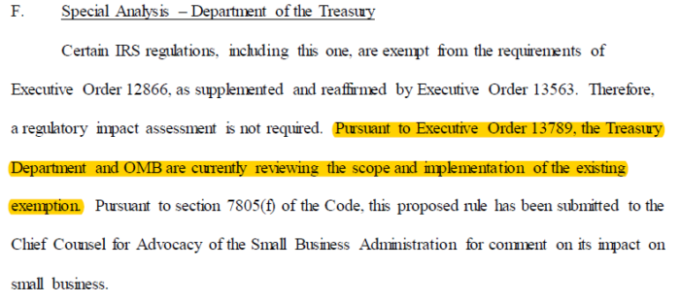Cause of Action Institute (“CoA Institute”) has sent a public letter to the Department of Housing and Urban Development (“HUD”) Office of Inspector General (“OIG”) to request that the agency watchdog recall and revise its recent direct final rule implementing changes to its Freedom of Information Act (“FOIA”) regulations. Specifically, CoA Institute explained that the OIG’s flawed FOIA rule cross-references deficient fee provisions in HUD’s current department-wide regulations.
As an independent component of HUD, the OIG maintains its own rules regulating public access to its records. In and of itself, this is not an unwelcome fact. These component-specific FOIA regulations are important for maintaining the OIG’s independence and limiting the potential politicization of disclosure processes by HUD political staff. Yet the OIG still relies on department-wide FOIA policy in certain important respects. For example, the OIG cross-references many of HUD’s general regulatory provisions for charging fees to requesters. The OIG’s new rule only slightly modified its existing cross-reference to reflect the changes introduced last year by HUD in response to the FOIA Improvement Act of 2016.
News Media Fee Category
Unfortunately, when revising its agency-wide regulations last year, HUD failed to eliminate the so-called “organized and operated” standard from its definition of a “representative of the news media.” Such language has been used in the past to deny news media requester status to government watchdog organizations like CoA Institute. Indeed, CoA Institute took the Federal Trade Commission to court, and argued its case all to the way to the D.C. Circuit, just to get the agency to acknowledge that its retention of the “organized and operated” standard was unlawful and led to improperly denying CoA Institute a fee reduction. The D.C. Circuit eventually issued a landmark decision in CoA Institute’s favor to clarify proper fee category definitions and their application in FOIA cases.
Like the OIG earlier this week, HUD forwent a comment period and issued a direct final rule without any public feedback. After CoA Institute nevertheless sent the agency a letter to explain the deficiency in HUD’s rulemaking, our comment went unanswered. And, to date, HUD has not indicated any intention of again revising its own flawed FOIA rule to conform with statutory and judicial authorities.
CoA Institute has convinced a number of other agencies that solicited public comment to adopt a proper definition of “representative of the news media” in line with the FOIA statute and controlling case law. Those agencies include, among others, the Consumer Product Safety Commission, Office of the Special Counsel, Department of Defense, U.S. Agency for International Development, and Department of Homeland Security. We hope that the OIG will similarly acknowledge the need to revisit its flawed FOIA rule by eliminating the cross-reference to HUD’s improper fee provisions and adopting a proper definition of a news media requester.
Ryan Mulvey is Counsel at Cause of Action Institute
